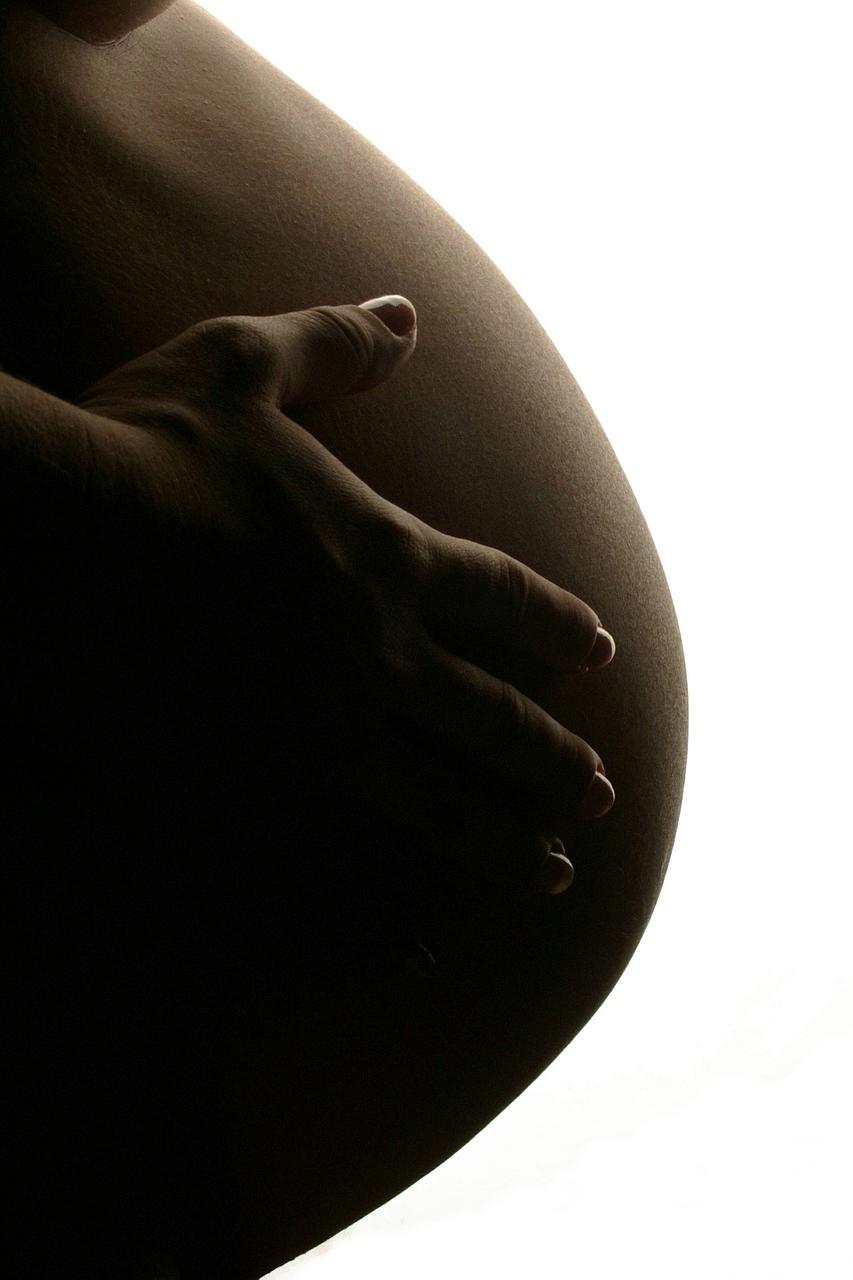When you start noticing changes in your appetite and food preferences, it can be confusing and overwhelming, especially if you’re trying to conceive. One common question that comes up is whether eating a lot is a sign of pregnancy. Let’s delve into this intriguing topic and explore the relationship between food consumption and early pregnancy signs.
Understanding Pregnancy Symptoms
Pregnancy symptoms can vary widely from person to person, and they can also differ from one pregnancy to another. While classic signs like morning sickness and fatigue are well-known, appetite changes are another symptom that many pregnant individuals experience. These changes can manifest as increased hunger or food aversions, making you crave certain foods or turn your nose up at others.
The Role of Hormones
During early pregnancy, your body undergoes significant hormonal changes to support the developing fetus. One of the key hormones at play is human chorionic gonadotropin (hCG), which is produced by the placenta. This hormone can influence your appetite and sense of smell, potentially leading to increased hunger or food aversions.
Increased Metabolism and Energy Needs
As your body works tirelessly to grow a tiny human inside you, your metabolism kicks into high gear to meet the increased energy demands. This surge in metabolic activity can result in feeling hungrier than usual, as your body craves more nutrients to support the baby’s growth and development.
Food Aversions and Nausea
On the flip side, some pregnant individuals may experience food aversions or nausea that make the thought of eating a lot unappealing. This can be attributed to hormonal changes that affect your sense of taste and smell, causing certain foods to become unpalatable or triggering feelings of queasiness.
Emotional Eating and Stress
Emotions also play a significant role in how we eat, and pregnancy can be a time of heightened emotions and stress. Some individuals may turn to food for comfort or stress relief, leading to increased food consumption. Stress can also impact our appetite and eating habits, influencing how much and what we eat.
Health and Nutrition Considerations
While it’s normal to experience changes in appetite during pregnancy, it’s essential to prioritize your health and nutrition. Eating a balanced diet that provides essential nutrients for both you and your baby is crucial for a healthy pregnancy. Working with a healthcare provider or a nutritionist can help ensure that you’re meeting your body’s needs during this critical time.
Monitoring Your Eating Habits
Keeping track of your eating habits can provide valuable insights into how your appetite is changing during pregnancy. Whether you’re reaching for an extra snack or finding it challenging to eat certain foods, observing these patterns can help you understand your body’s needs and make informed decisions about your diet.
Seeking Support and Guidance
If you’re unsure about your eating patterns or experiencing extreme changes in appetite, don’t hesitate to reach out to your healthcare provider. They can offer guidance on managing your diet, addressing food aversions, and ensuring that you’re maintaining a healthy relationship with food throughout your pregnancy.
Conclusion
In conclusion, eating a lot can be a sign of pregnancy for some individuals, while others may experience food aversions or changes in appetite. These variations are influenced by hormonal fluctuations, metabolism, emotional factors, and nutritional needs. By staying attuned to your body’s cues, seeking support when needed, and prioritizing your health, you can navigate the journey of pregnancy with confidence and care.

